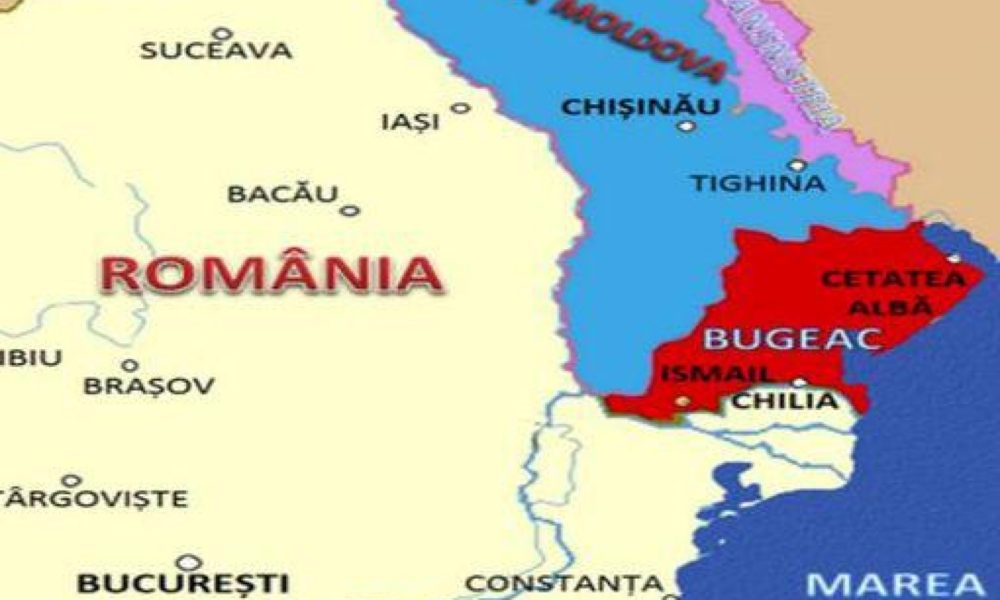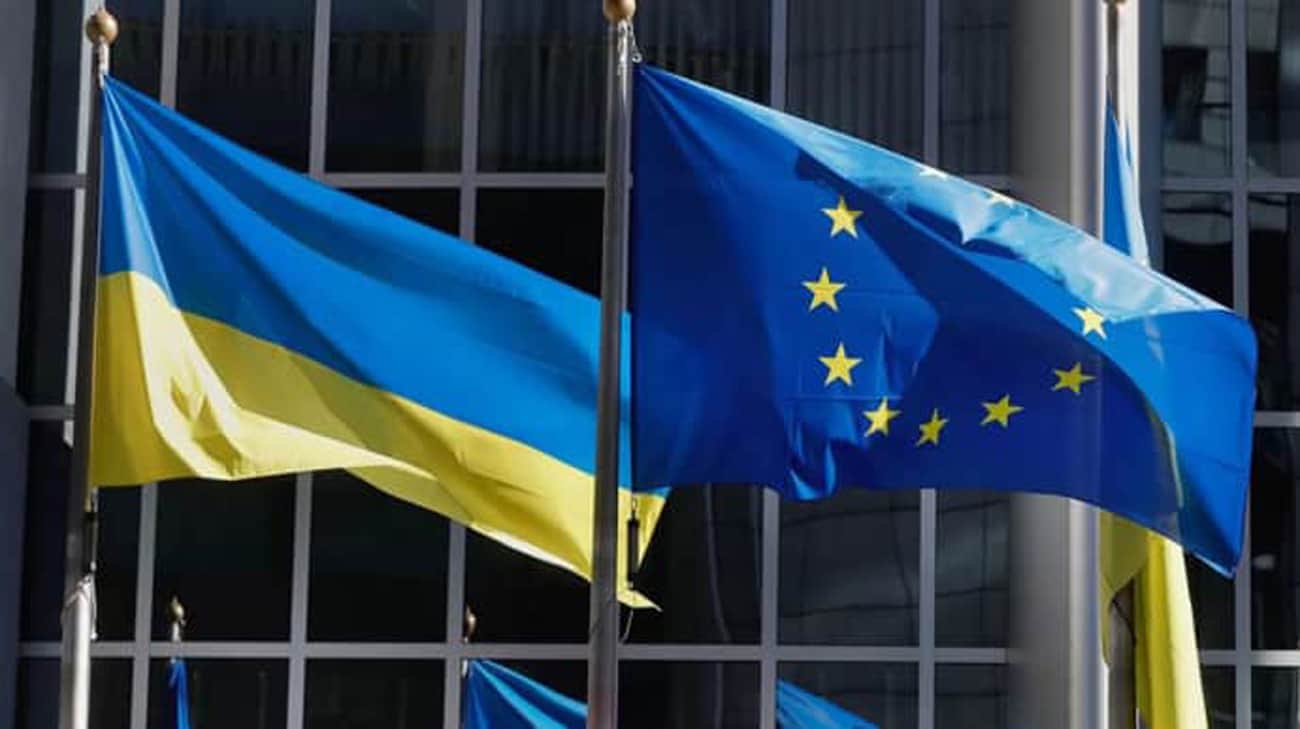Many of the Bulgarians believe that the artists in the country are not free to express themselves

The opinion of the Bulgarians how important the culture is personally coincides with exactly the average indicator in the European Union. Nearly 8 in 10 people say it important and this indicator has increased compared to 2007 by as many as 13 points.
But at the same time, a significantly larger share of the respondents in the poll « Eurobarometer » said that Bulgarian artists were not protected from censorship or reaction – by the authorities or from groups in society – when it comes to their freedom to express their ideas.
European theater theater has defended the National Theater from the attacks against the play placed by Malkovich
The study between February 18 and March 10 this year in Bulgaria shows that 4-5% of the respondents believe that the artists are under threat to express themselves freely. Another 21-22% are more likely to agree to such a claim. This means that in total or over a quarter of Bulgarians, they evaluate creative freedom as pressure and threats from people with power or disagree with the opinion of the creators of culture.
A total of almost one fifth (19%) replied that creative freedom is not important to them.
In the EU, the opinion on these issues is different, but Bulgaria is not with the lowest indicators on them. In Greece and Cyprus, citizens believe that the creators are free from censorship.

Culture is appreciated by Bulgarians (25%) and Europeans (an average of 29%) as one of the main sources for creating a sense of belonging to a community on the continent. Approximately so important is the values (26%each) and history (24%). Economics and sports follow the list.
| Nearly 80% of Bulgarians believe that culture and art are important for the well -being and economic development of their country. The average indicator of the 27 Member States is slightly higher. |
Asked if it improves the quality of life from the proximity to objects of European and national cultural heritage, 36% of Bulgarians respond with a firm « yes » and another 43% tend to agree to such a claim. About the same ratio is the question of whether such closeness creates a sense of belonging to Europe.
But in Bulgaria it is reported to be a visibly smaller share of those that people have equal access to culture. Only one in ten (11%) respondents is fully agreed and « somewhat agree » are another 17%. Nearly one -third (31%) are totally disagree and another 35% tend to disagree. These are a total of two -thirds of the respondents, dissatisfied with access to art and culture.
Compared to 2013, as many as 22 percentage points (up to 35%), Bulgarians have increased, who have participated in cultural events in the last 12 months before the poll – in person or in organized groups. The EU average is 49%.
Asked if they know creators, only 2% choose the answer « yes, personally » (on average in the EU – 6%) and another 14% – that they have a acquaintance who knows such Bulgarians.
But the respondents believe that they have sufficient information to judge whether people in the art and culture in Bulgaria receive a decent remuneration and respect for their works and achievements. Only 10% says « Yes », 29% more – that they tend to agree, but a total of 43% do not believe that the creators are the subject of the necessary recognition. Almost every fifth (18%) has no answer.
The special survey of a Eurobarometer collects information on the next preparatory stages of the Cultural Compass for Europe – the forthcoming strategic framework of the EU Cultural Policy Commission.
It shows that 87% of the respondents agree that culture and cultural exchange should have a very important place in the EU, and 86% say that cultural heritage is important for Europe.
| 88% of Europeans say creative freedom is important to them, and 77% believe that creators can freely express their ideas and opinions. |
- A significant 73% of Europeans (60% in Bulgaria) are concerned that the rise of generative artificial intelligence can affect the employment employment employment or income.
- At the same time, less than 48% (44% in Bulgaria) say that they can distinguish a work of art created with artificial intelligence from one created by a person.
Europeans believe that their country and the EU need to work more on cultural policy issues, with the three main priorities being the more accessible arts, the protection of cultural heritage sites during wars, natural disasters or climate change, as well as providing fair pay and good working conditions.








